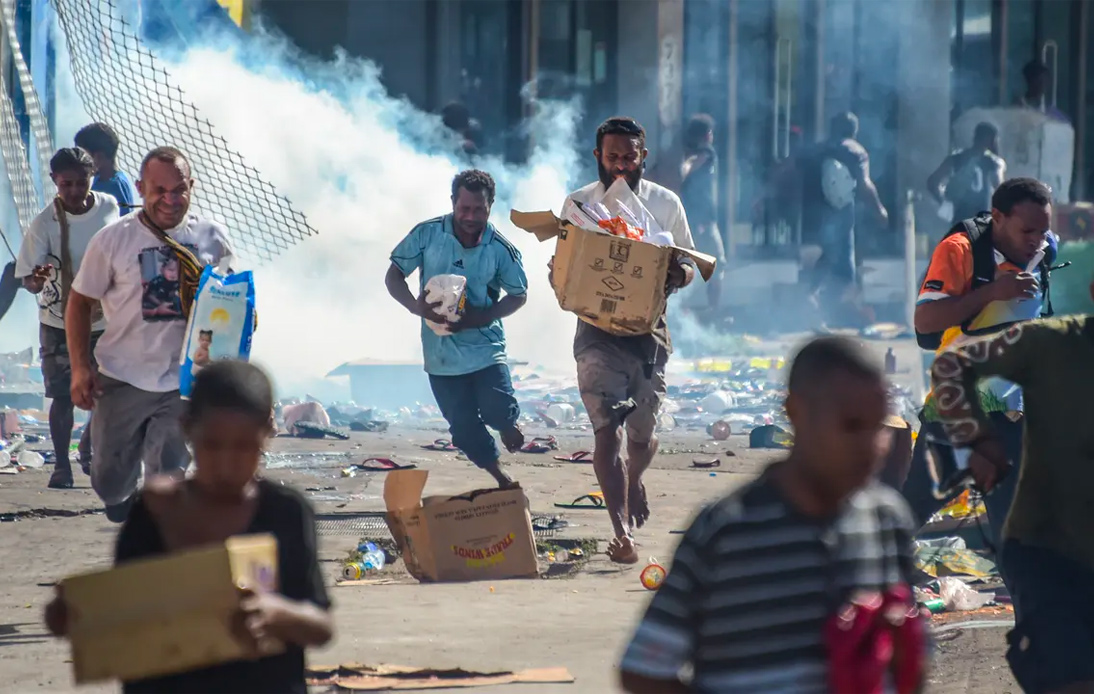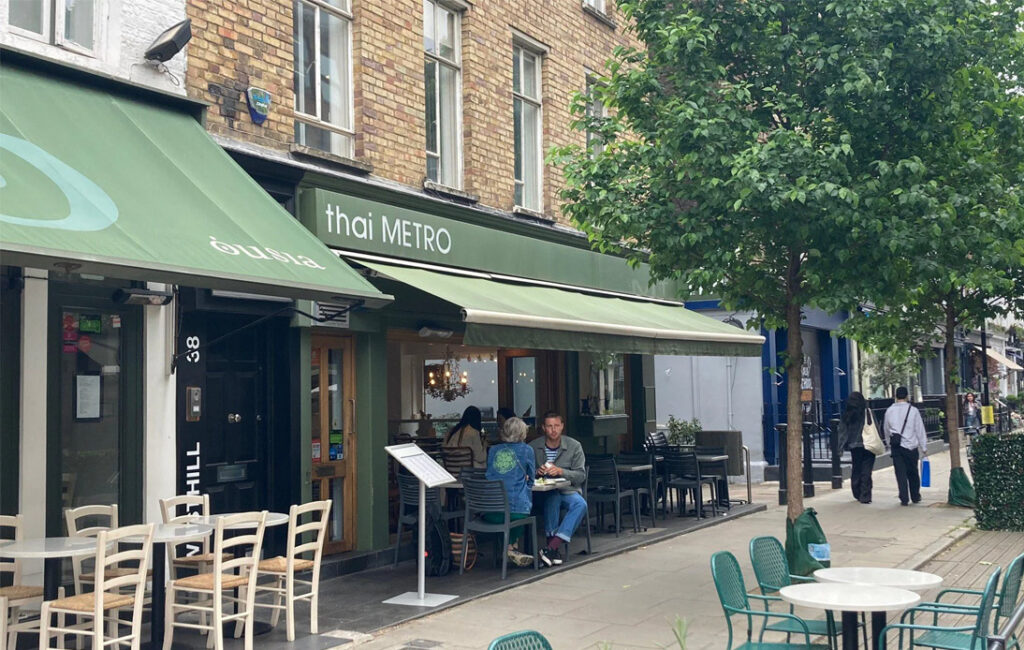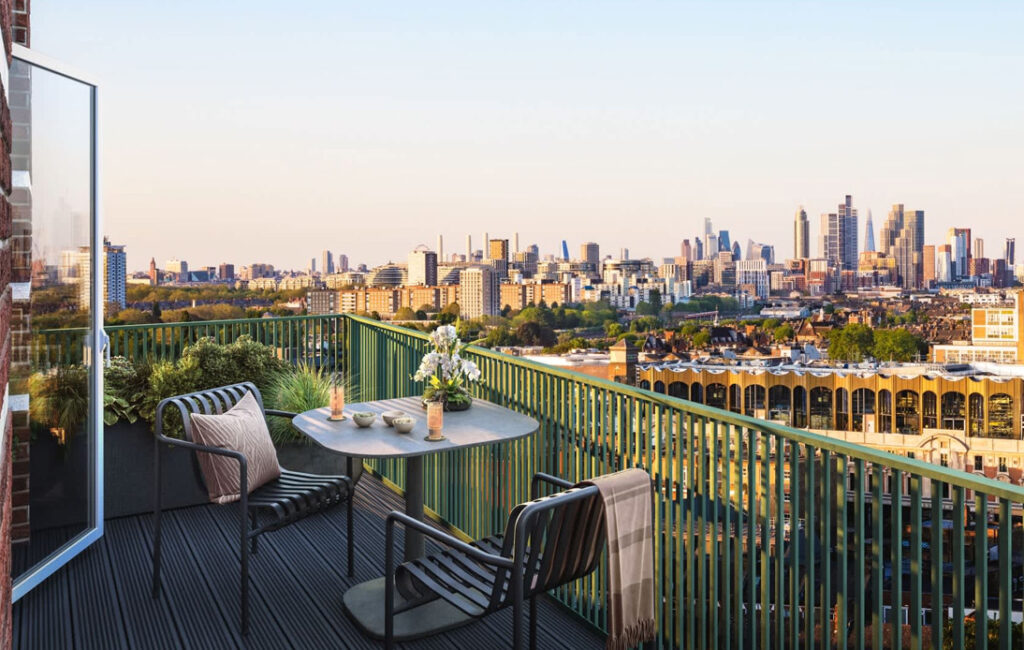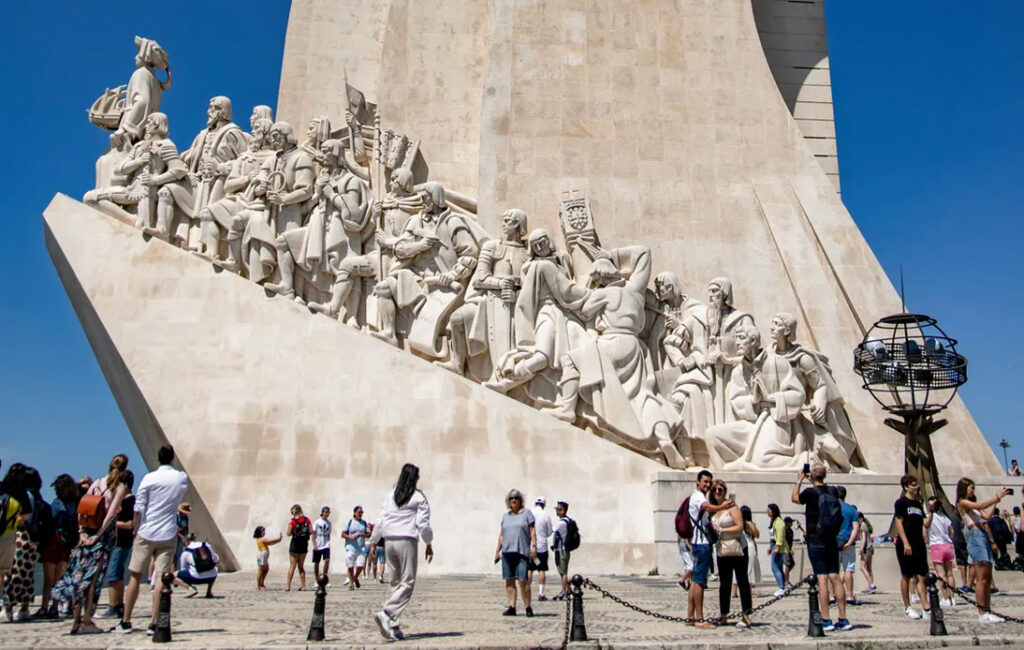
Major rioting and unrest have struck Papua New Guinea’s capital, Port Moresby, leading to fifteen casualties.
According to a report from Lae Metro Command, eight people lost their lives in Port Moresby, while an additional seven fatalities occurred in Lae, PNG’s second-largest city.
Hundreds of people took to the streets, setting fires to shops and cars, and looting supermarkets, following a police strike over salary issues.
Powes Parkop, the National Capital District Governor, stated during a radio broadcast that the looting was conducted by “opportunists.” To attempt to reestablish peace, the government has called in the military.
In a radio statement, Mr. Parkop said, “We have seen an unprecedented level of strife in our city, something that has never happened before in the history of our city and our country.”
The turmoil began when police and other public employees protested outside parliament on Wednesday, in reaction to a 50% cut in their salaries.
Prime Minister James Marape explained that a computer error led to a reduction of about $100 (£78) in public servants’ salaries, contrary to protesters’ claims of tax increases.
According to the New York Times, Mr. Marape stated, “Social media picked up on this wrong information, misinformation,” noting that chaos ensued with the police off duty.
Television coverage depicted widespread looting and large crowds in the city. A major shopping center was among the torched buildings.
Ambulance services responded to several shooting injuries, and the US embassy reported gunfire near its premises.
By Wednesday night, the violence had largely subsided, but there were initial reports of fatalities. Port Moresby has an estimated population of 400,000.
Australia, PNG’s neighbor and key security ally, called for peace in the nation on Thursday.
Despite meeting Australia’s leader last month, Mr. Marape has not requested peacekeeping assistance.
Facing an economic downturn with rising inflation and unemployment, the prime minister is under growing pressure, with the opposition attempting to initiate a no-confidence vote against him.
Analysts attribute the unrest to widespread discontent among the populace.
Samson Komati from PNG Think Tank stated, “The events of today in Port Moresby are manifesting and revealing the inner social and economic pains and suffering of the police, military, and other public servants of PNG, as well as all workers and ordinary people.”




















